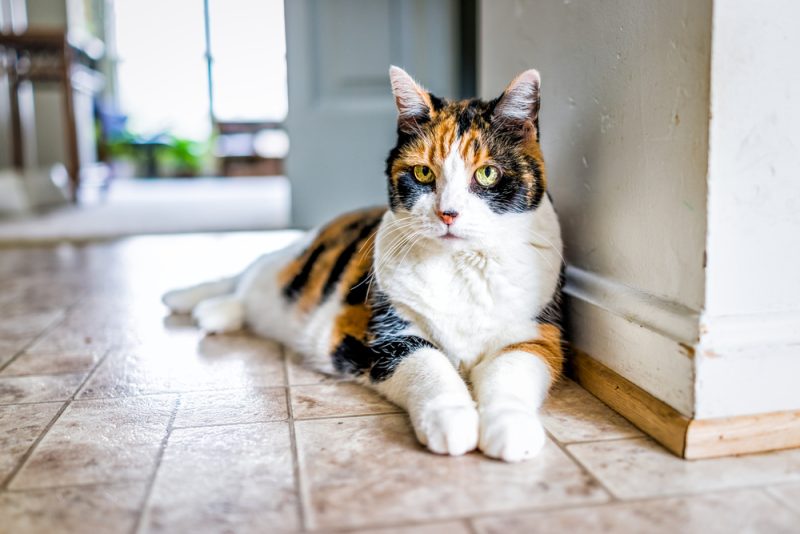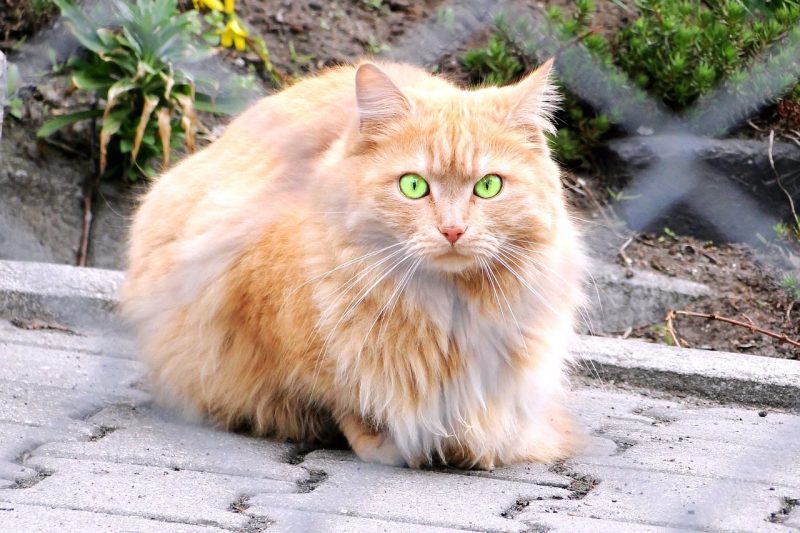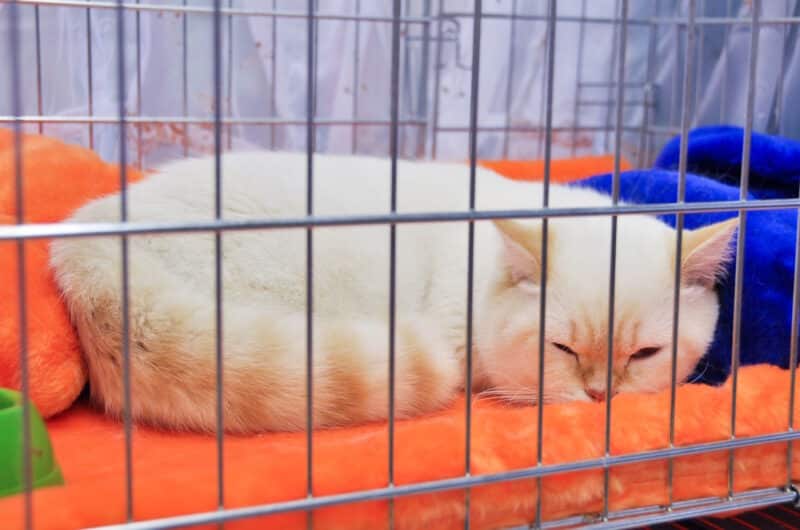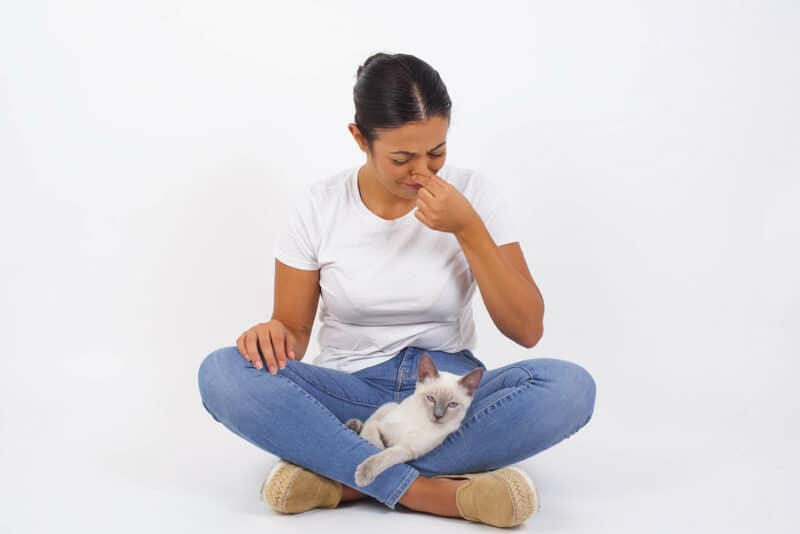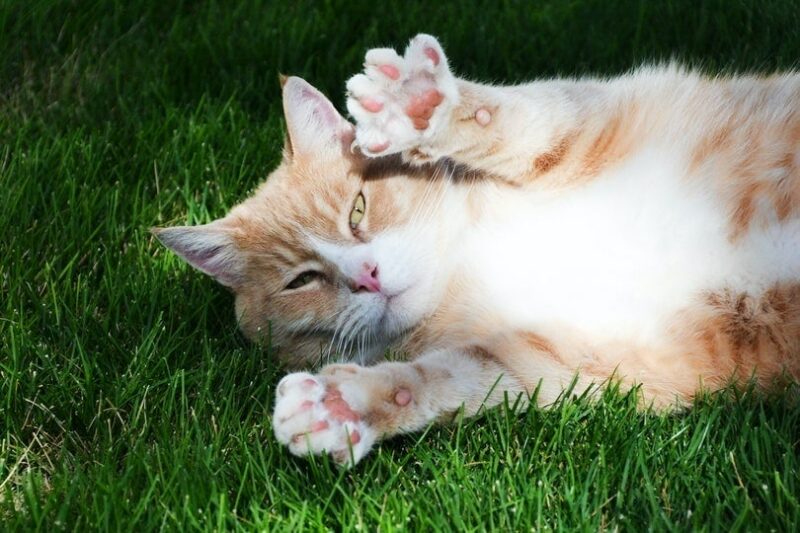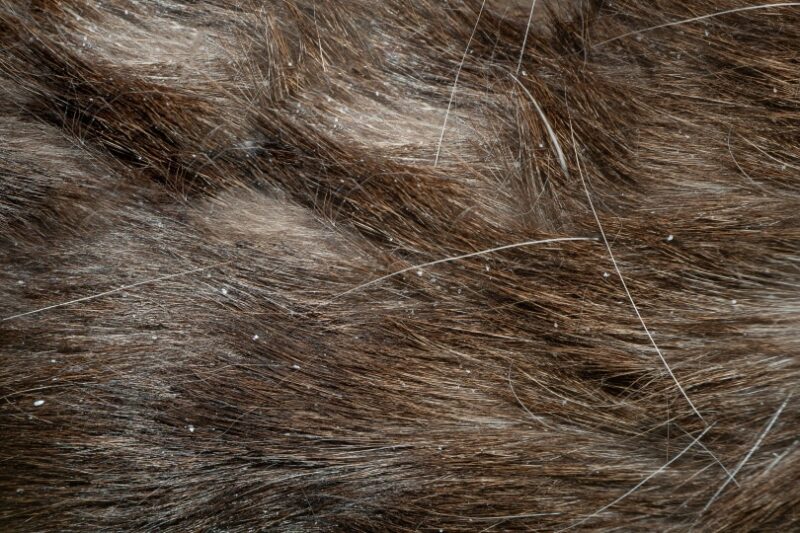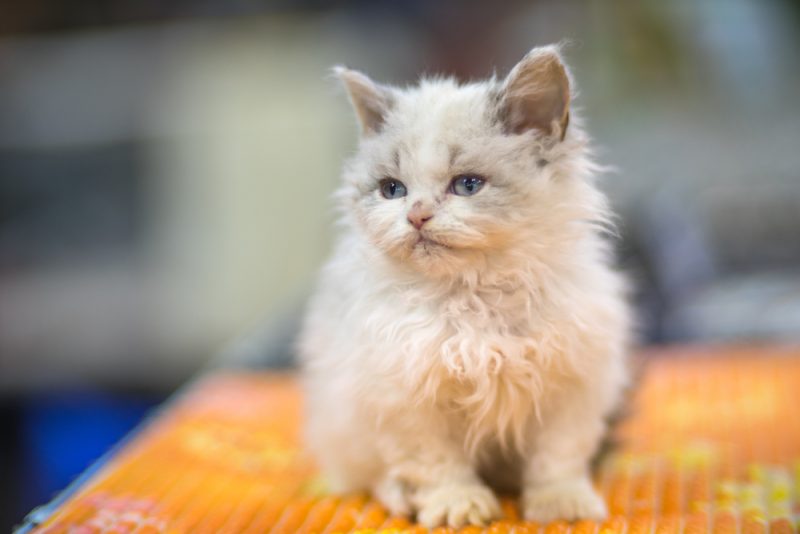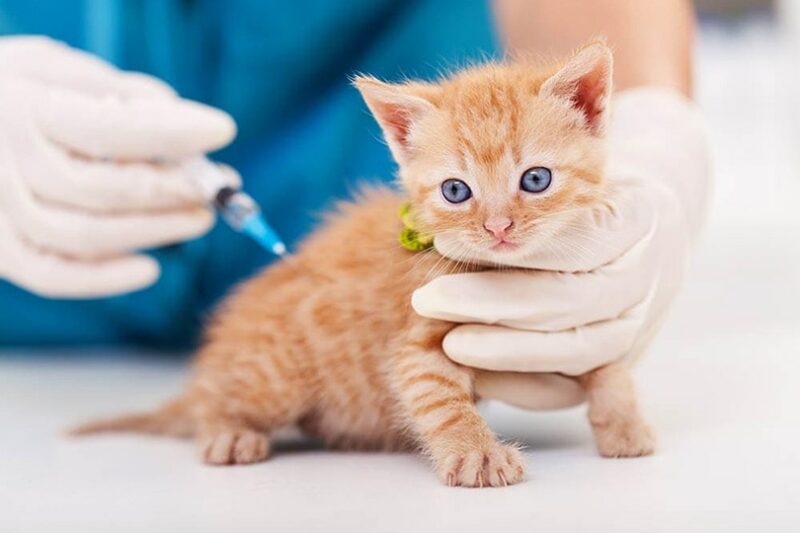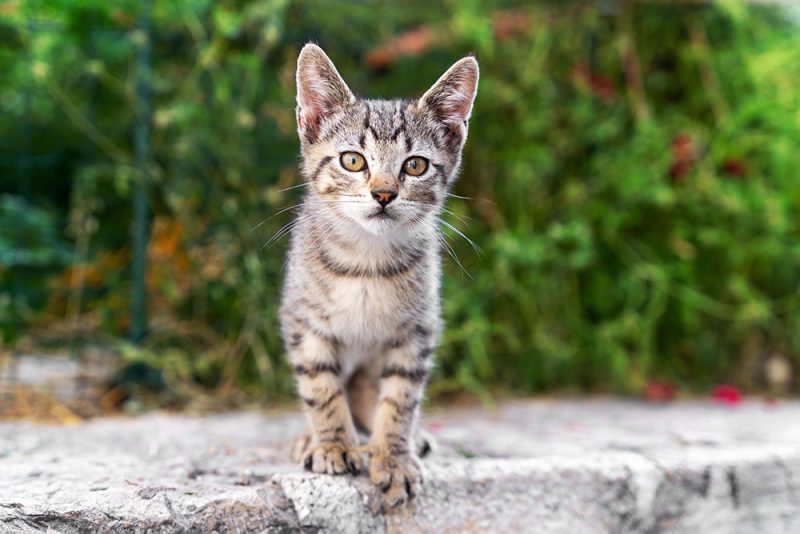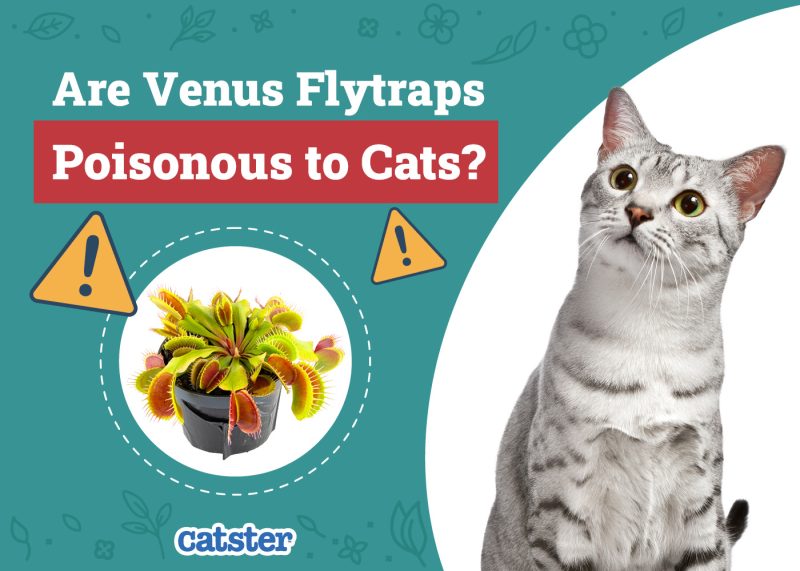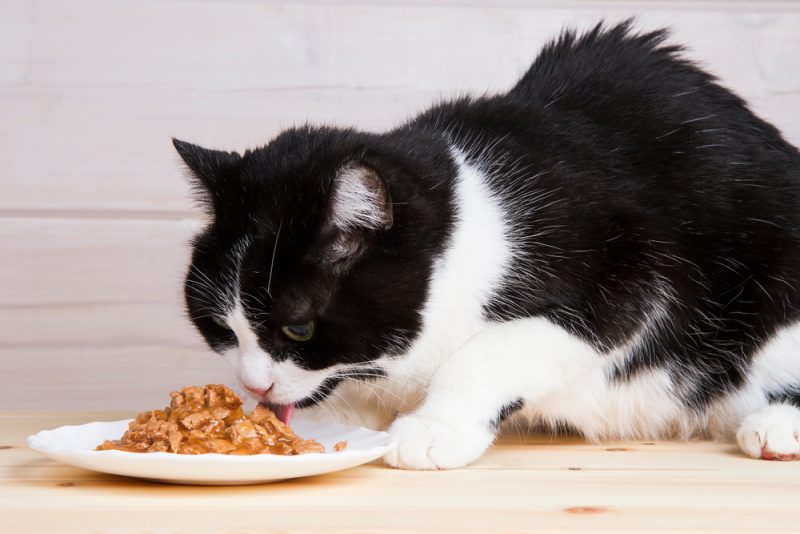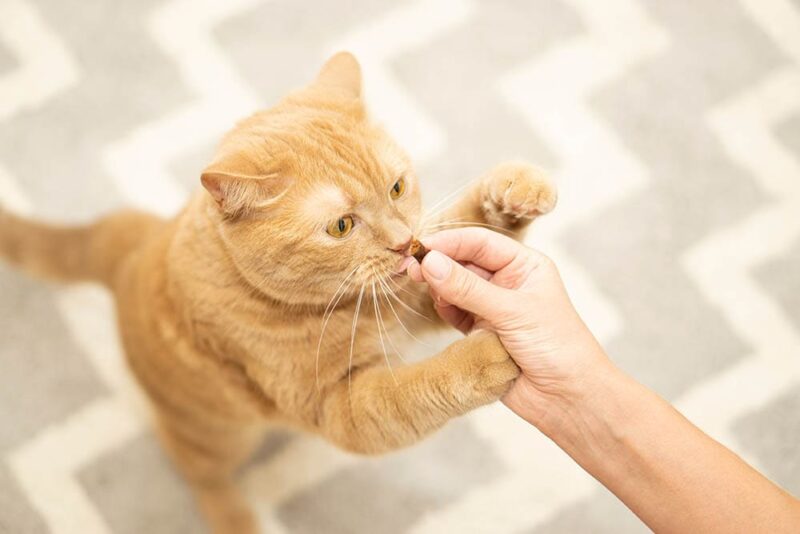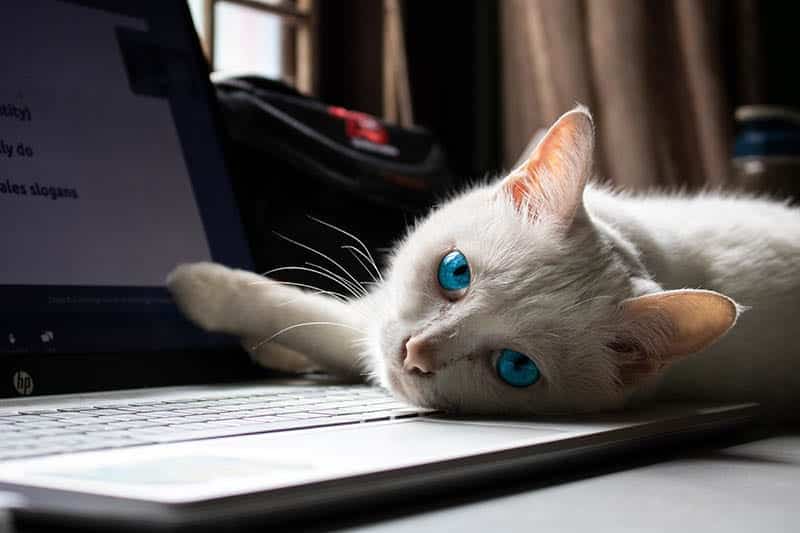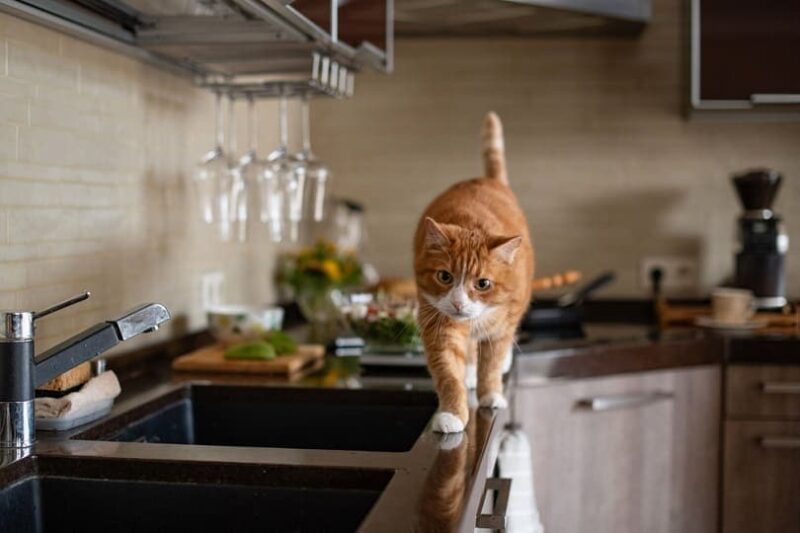In this article
Watching our cats grow from kittens into adults and beyond is full of challenges, laughs, and lots of love. But as your cat ages and enters their senior years is when you need to make some adjustments in the way you care for them. After all, you want to keep your cat with you for as long as possible.
Generally speaking, cats are considered seniors when they are 11 to 14 years of age and geriatric when they are 15 years and older.
We’ll go through the aging process that cats go through and the ways you can keep them healthy throughout their golden years.

Cats Age in Human Years
At times, people like to find a human equivalent to determine just how “old” their cat is in terms of a human lifespan. However, such estimates are often inaccurate from a medical perspective and aren’t an indication of your cat’s “human” age.
The biggest issue with these estimates is that they don’t factor in a cat’s growth rate. Many sources say that a kitten that’s around 6 months old is likely 10 years in terms of a human growth curve. However, a kitten that’s 6 months old is able to attain sexual maturity and have a litter of kittens in some cases, which is a very unrealistic expectation for a child that’s barely 10.
Therefore, estimates of a cat’s age in human years, while whimsical and interesting, are not accurate. More importantly, they are not an accurate representation of when your cat reaches seniority. For example, a cat that is 1 year old is simply 1 year old – there’s no “human age” equivalent to a cat’s age.
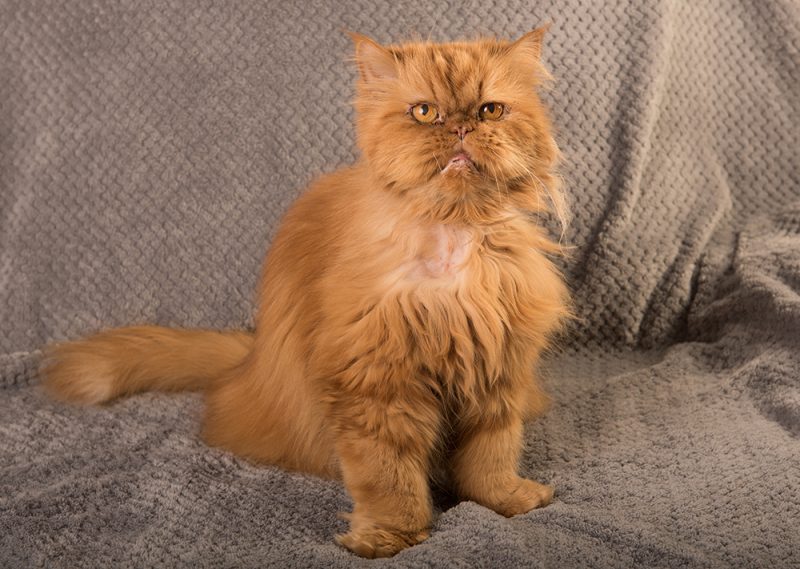
Signs of an Aging Cat
Cats, like many other mammals, display signs of senescence as they age. Senescence is the process of deterioration due to age; this process impacts all body systems to varying degrees.
The signs of an aging cat can be categorized as behavior changes, appearance changes, and daily functional changes.
Behavioral Changes
- A change in sleeping cycles
- Altered vocalizations
- Lower tolerance toward stressors
- Changes in litter box habits
- Changes in the way your pet interacts with family members (including you) and other pets
Appearance Changes
- Changes in your cat’s eyes – this can be in the form of a color change of the iris, a “haze” like appearance of the eyes
- Skin changes – decrease in skin elasticity
- Brittle, thickened nails
- Weight gain or loss
- Alterations to the coat (likely not as soft as it once was)
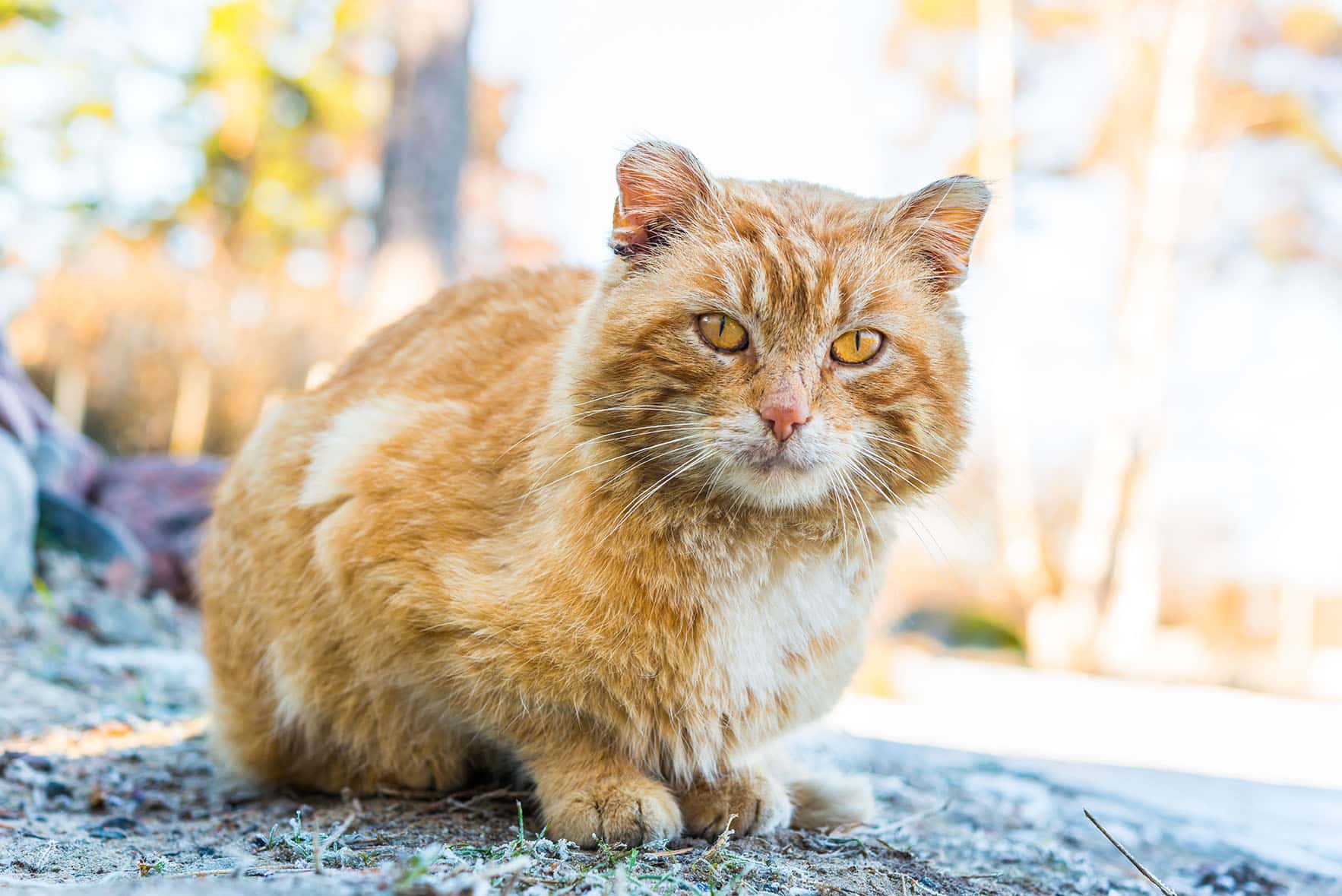
Daily Functional Changes
- Increased or decreased activity patterns
- Decreased mobility
- Decline in senses (such as sight, hearing, or smell)
- Forgetting where the litter box or other items are
Caring for Senior Cats
Even though you can see signs of aging in a cat as they reach their senior years, the changes aren’t drastic and sudden. Instead, they often appear gradually. Seeing subtle signs of your cat reaching their seniority indicates that their seniority is pending.
Annual checkups are no longer the norm for senior cats, and instead, healthy adult cats require bi-annual checkups. These senior checkups may include blood work to check for underlying medical issues, along with a complete examination of your cat’s physical body. A veterinarian may ask questions about your cat’s behavior to help pinpoint other medical conditions.
You can also take steps at home to help your cat adjust to any limitations caused by their advancing years. We discuss this in depth below, but it is important to remember that even a cat approaching seniority (such as a 10-year-old cat) may need special care.

Common Health Conditions of Senior Cats
Considerable changes occur in nearly every body system in senior cats. Below are the most common ailments that impact some body systems.
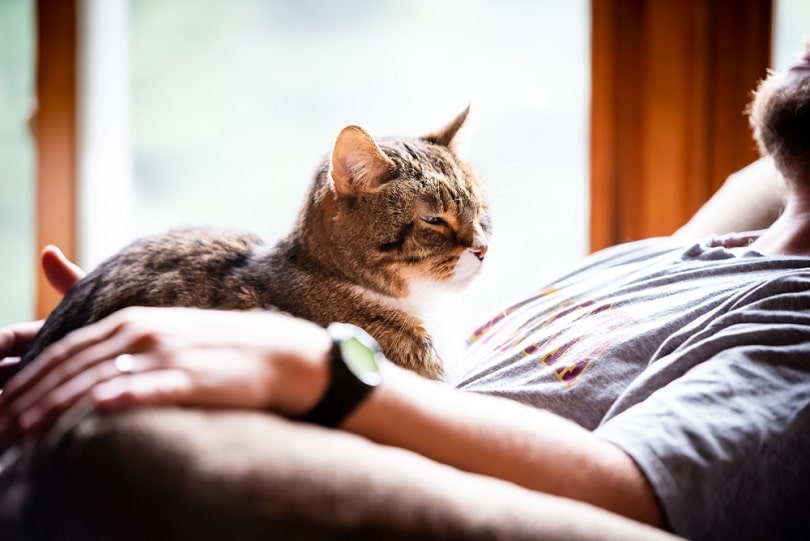
Musculoskeletal System
Osteoarthritis will cause pain and stiffness in the joints, so they will slow down and might have some trouble jumping onto surfaces and walking stiffer than usual. This can also lead to more mats in the coat as they have trouble grooming themselves.
Gastrointestinal System
Dental disease is of major concern in senior cats and can lead to pain associated with feeding. This, in turn, may lead to a cat that refuses to eat or limits their feed intake. Such cats may require dietary changes.
Geriatric cats exhibit reduced nutrient digestibility when compared to younger cats and therefore might need a different diet than their younger counterparts.
Nervous System
As cats age, some might start acting quite differently than they did before. This might include vocalizing with much more frequency but for no apparent reason or inappropriate elimination outside the litter box.
You should have a talk with a vet regarding these behaviors, as they could indicate an underlying health problem.
Cataracts cause a cloudy appearance on the eye and can lead to vision loss and, eventually, blindness if not treated. At times, cataracts are more likely in specific breeds. Senior cats also tend to experience changes in their iris – it may change color or appear “hazy.”
Other special senses, such as smell, hearing, and taste, may gradually decline in older pets.
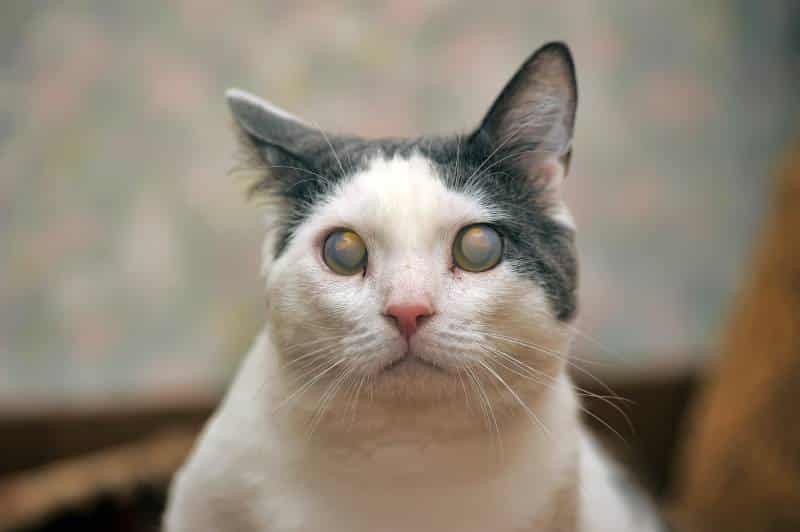
Renal/Urinary System
Senior cats are also prone to kidney problems, like kidney disease.
- Increased thirst and urination
- Bad breath
- Sporadic vomiting
- Lack of appetite
- Weight loss
- Sores in the mouth
- Lethargy
- Fever
- Urinary issues – incontinence or unable to urinate
Renal conditions require veterinary intervention and care.
Endocrine System
At the present time, there is very little information about normal age-associated changes of the endocrine system of cats. However, some studies suggest that a thyroid hormone (thyroxine) tends to increase mildly in cats older than 5 years of age [1]. This may hint at the possibility of hyperthyroidism. However, the causality of age causing hyperthyroidism in cats isn’t established.
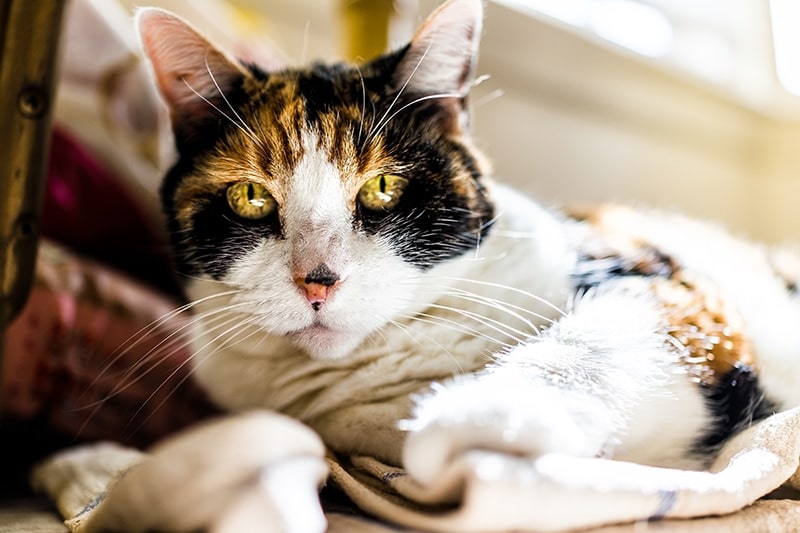
Cardiopulmonary System
Routine blood pressure monitoring is advised for senior cats. Systemic hypertension (high blood pressure), however, does not appear to be a normal age-associated finding. Other issues involving the heart include murmurs, changes in cardiac rhythm, and an irregular heartbeat. These can be caused by functional or structural changes in a cat’s heart as they age.
Issues involving the respiratory system aren’t as common in older cats as they are in other pets.
Growths
Though not specific to a system, sometimes older cats might develop growths or lumps, which should be checked by a vet. Chances are they are harmless, but you will want a vet to rule out any potential serious diseases, like cancer.

How Should I Take Care of My Senior Cat?
The most important part of taking care of a senior cat is being more aware of how your cat will be slowing down and watching out for any health problems is a start. But you’ll likely need to readjust your cat’s diet and watch out for any pain your cat might be experiencing.
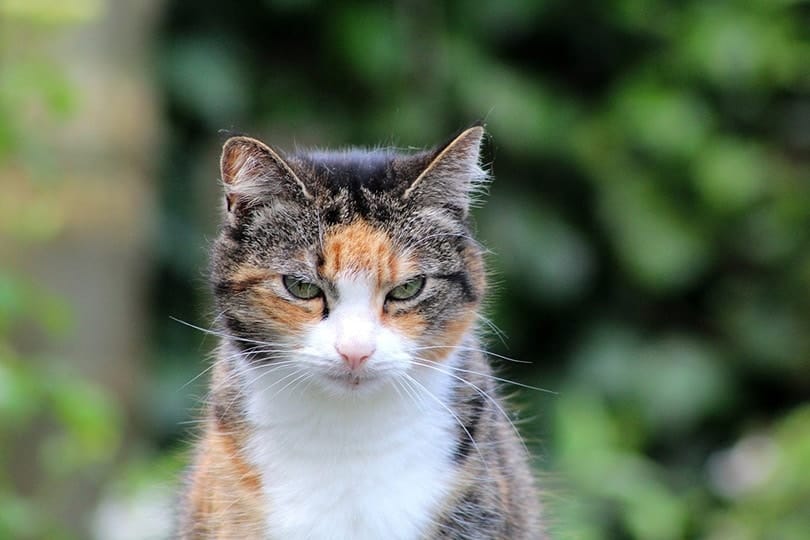
Diet
You may consider replacing your cat’s adult cat food with senior food. Senior food is formulated with the right nutrients to support your cat’s aging body. You’ll likely be able to use the same brand you’ve been feeding your cat all along, making the transition easier.
Some older cats will need help with their weight, as well as some of the issues we’ve discussed, including dental, kidney, and joint support. Speak with a vet about the best food that will benefit your cat at this point in time.
Exercise
Since older cats tend to slow down both physically and mentally, it’s important to continue encouraging your cat to play. This is also vital if your cat is additionally arthritic or has gained too much weight.
Use toys your cat responds to – if their favorite is a feather wand, then ensure you use one every day for a few minutes at the very least. You can also try puzzle feeders, which will make your cat work a little harder for treats and food. This can help with both physical and mental exercise.
Work With a Veterinarian
You’ll need to work closely with a vet as your cat ages. You’ll want to make at least two checkups every year – sometimes, more frequent visits might be necessary. This will include bloodwork, urinalysis, and other lab work to rule out any potential conditions that might be cropping up.
If you are concerned or have questions about your cat’s health, you can also speak to a vet from the comfort of your own home to help make a plan. They can determine when an in-clinic vet visit should be made.
If you need to speak with a vet but can't get to one, head over to PangoVet. It's an online service where you can talk to a vet online and get the advice you need for your pet — all at an affordable price!

Respect Your Cat
As we mentioned earlier, their behavior starts to change as they age. This could be due in part to pain from things like arthritis, or they might not be as cuddly as they once were.
You’ll need to respect your cat’s boundaries – if they don’t want to play or be held, let them be. In many cases, they just want to sleep. But see a vet if you suspect the behavior changes might be caused by pain.
Keep Calm
It’s very easy to become overwhelmed when it comes to figuring out your senior cat’s needs. It is important to remember that many of the changes, while possible, are often gradual. Above all, it’s important to remain calm and remind yourself that with some adjustments and lots of love, you will be able to handle the care of a senior cat without feeling overwhelmed.

Conclusion
Caring for any pet means going through all the life stages with them – kittenhood, adulthood, and seniority. And owning a senior cat does entail more frequent vet visits and preparing yourself for the possibility of some health issues cropping up.
The most important thing is for you to stay calm so that you can keep up with your cat’s needs and give them all the space, care, and love they need.
See Also:
- Caring For a 1-Year-Old Cat: Health & Wellness Tips
- 5 Best Litter Box Ramps for Senior Cats – Reviews & Top Picks
Featured Image Credit: Kristi Blokhin, Shutterstock
